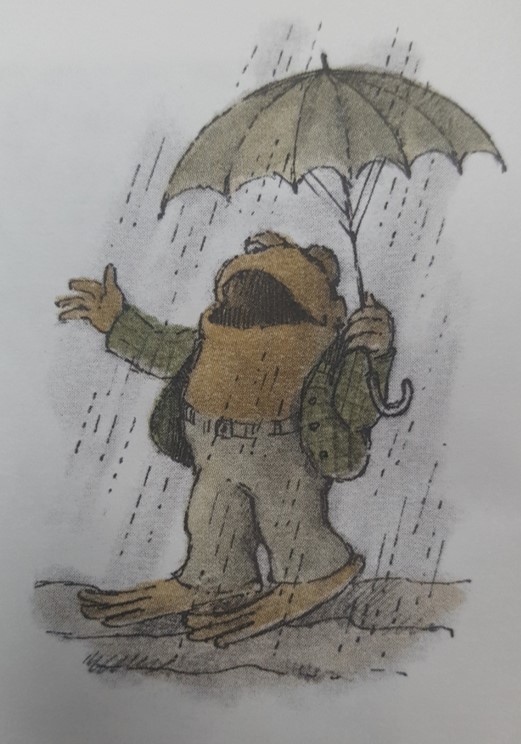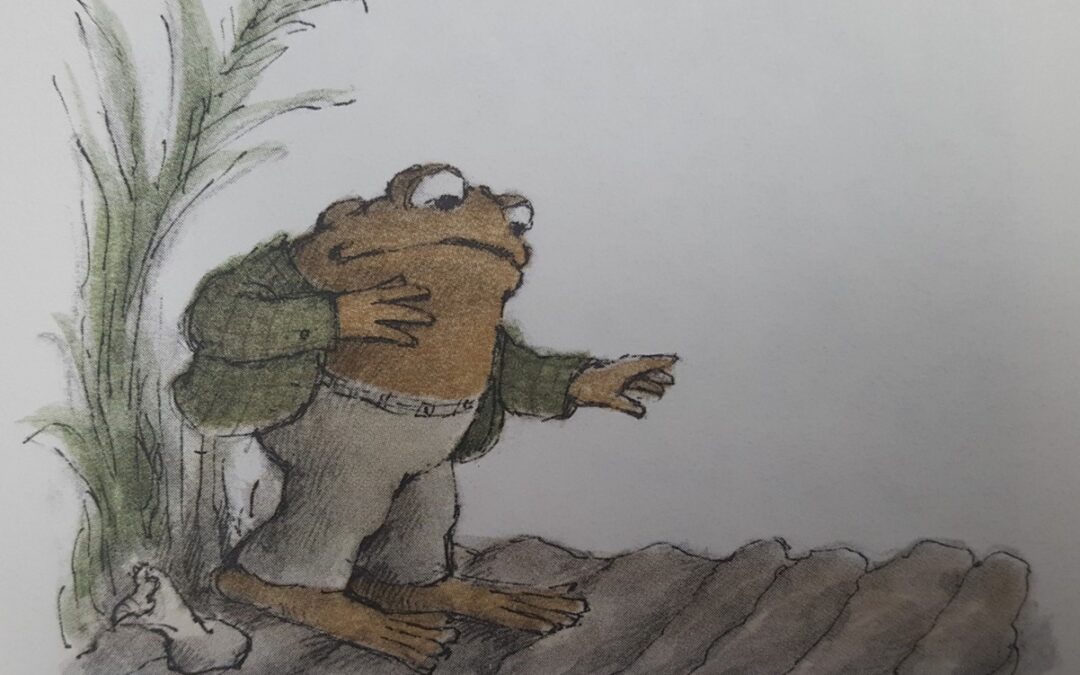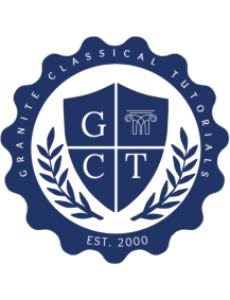There’s a delightful Frog and Toad story that I haven’t been able to get out of my head as we’ve prepared for Granite’s 2019-20 theme, “Growing Together.” Arnold Lobel’s “The Garden” isn’t meant to be a metaphor for education, and yet it provides some images that I think are very useful for thinking about educational growth and cultivation.
In this story, Toad wants to grow a garden as beautiful as Frog’s, so Frog gives him some seeds. Frog goes home, plants his seeds, and expects immediate results. “Now seeds, start growing!” he yells at them over and over, until Frog comes by to see what all the fuss is about. Frog tells him to leave his seeds alone for a while. “Let the sun shine on them,” says Frog. “Let the rain fall on them. Soon your seeds will start to grow.” Frog has to adjust Toad’s expectations about the growth of his seeds because instant results are not realistic in a garden. Growth takes time.
Additionally, we know that the first signs of growth for Toad’s seeds are going to happen beneath the surface. He won’t even be able to detect the first shoots, until they finally make it up above the soil where he can see them. But it would be a mistake for Toad to think that growth isn’t happening, just because it doesn’t look like what he was expecting.
Sometimes our expectations of our students need to be similarly adjusted so that we can appreciate the growth that is really happening. Educational grown often happens internally before it flourishes in an outward expression. For example, your littlest learners may need to be told again and again how to do the same type of assignment. You may be tempted to think growth isn’t happening because they haven’t taken hold of the process and aren’t able to perform it independently, even after repetition. But every time you guide your young grammar stage students through a process like narration or copywork and give them the same reminders, (“Write slowly and carefully,” “Pay attention to the captial letters,” “Is that a comma or a period?”) and every time they respond to your reminders, they are growing. They are forming habits, and that takes time. At some point, you will realize you no longer have to remind them about capital letters. But it will not happen overnight, or maybe even this semester.
Similarly, logic stage students first learning to write a paper need lots of practice simply organizing thoughts and information into a proper structure. You may read some of their early essays with relatively shallow thesis statements and worry that they aren’t thinking deeply enough. But at that point, growth means learning to organize. It’s not until later that growth means coming up with and defending an interesting and nuanced thesis that expresses an integral part of their worldview. Our expectations have to fit the stage of learning that our students are really in.
Once we know what growth looks like, it’s important to recognize what the actual source of that growth is. In “The Garden,” Toad at first takes Frog’s advice to stop yelling at his seeds, but that evening he worries that his seeds will be afraid of the dark, so he goes out into his garden and he reads them a bedtime story. Over the next few days, he sings songs for his plants, reads them poetry, plays them music, and performs dramatic recitations for them.
This is my favorite part of this story. Toad chooses story, song,  music, and poetry when he first attempts to nourish his seeds. In one of Arnold Lobel’s delightful illustrations, we see Toad singing to his seeds beneath an umbrella as it rains. In Lobel’s clearly intended sense, it’s quite humorous because Toad is heartily singing away, oblivious to the fact that it’s the rain that is truly nourishing his seeds. In another sense, though, the image of a song paired with nourishing rain is quite fitting, because Toad is intuiting exactly what is needed for the nourishment of the human soul. Our students have to be nourished on the true, the good, and the beautiful in order to grow not just academically, but in Christ. And one of the best ways to access a wealth of truth, goodness, and beauty is through story, song, music and poetry.
music, and poetry when he first attempts to nourish his seeds. In one of Arnold Lobel’s delightful illustrations, we see Toad singing to his seeds beneath an umbrella as it rains. In Lobel’s clearly intended sense, it’s quite humorous because Toad is heartily singing away, oblivious to the fact that it’s the rain that is truly nourishing his seeds. In another sense, though, the image of a song paired with nourishing rain is quite fitting, because Toad is intuiting exactly what is needed for the nourishment of the human soul. Our students have to be nourished on the true, the good, and the beautiful in order to grow not just academically, but in Christ. And one of the best ways to access a wealth of truth, goodness, and beauty is through story, song, music and poetry.
At the same time, it’s important to remember that neither the curriculum of a classical education nor any of our educational methods is going to make our students grow into faithful Christians. Our hope is to raise up godly, God-fearing, saved adults. But we can’t do that in our own strength, no matter how much truth, goodness, and beauty we place before our students. All the curriculum choices and classical education methods we use are meant to water your children’s souls. But the Holy Spirit is what actually makes that water work! We are giving them this type of education – and praying them through it – in the hope that as they grow, they will grow in and though Christ. God has to intevene to make any of the work we do have the effect we hope it will have.
That doesn’t mean our work is worthless. Rather, it is the work of cultivation. A gardener can’t cause his plants to grow, but he can cultivate their growth as God causes them to grow. As Matthew Precther put it well recently, “A Christian education cannot cause the love of God in a person, but a Christian education can create space for the Holy Spirit to inculcate the love of God.” Our part is to sing the songs, read the stories, and recite the poetry, and to ask God to use that work mightily. In that sense, perhaps we can identify with Toad singing under the umbrella, and heartily sing truth, goodness, and beauty to our students, well aware of the fact that it’s the downpour of the Holy Spirit that changes their hearts and causes their growth.
Aubry Dyakon is the Director of Classical Education at Granite Classical Tutorials.


